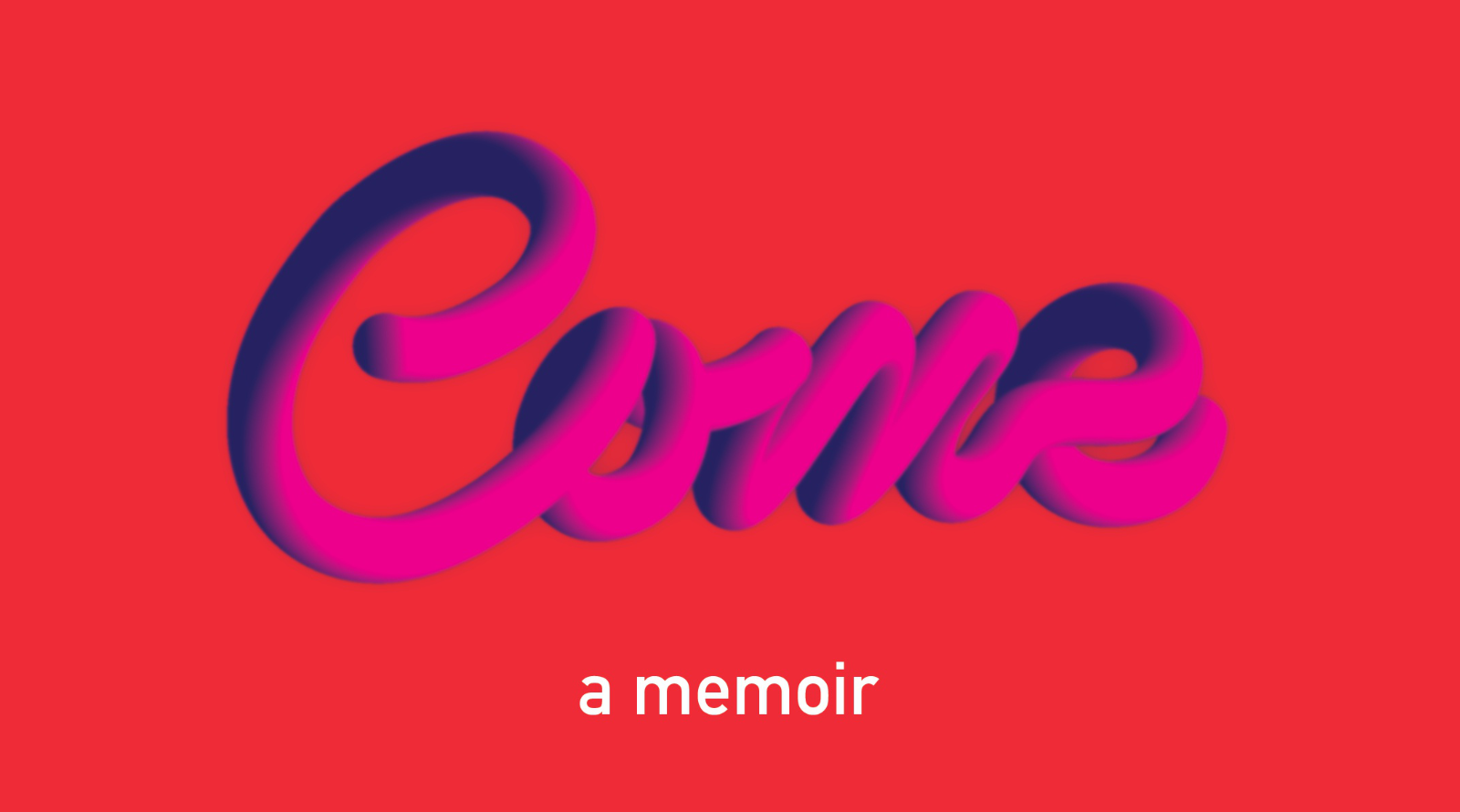The summer night is warm and gentle. My colleague and I have just finished a pole performance at a queer, sex-positive techno party, and we are getting out of the club to catch some fresh air. The space was packed and the audience was as hot as the temperature in the windowless room. We go sit in the club’s garden, in silence, still half-naked and covered in glitter, collecting the feelings of the incredible show.
“We just saw your performance!” Two girls come closer to us. “Wow, that was amazing! I have always wanted to learn what you do, but I was worried I wouldn’t find the right place. Because I don’t want to do it for the male gaze, you know.”
“Yeah! This was empowering, it was so different than doing it for the male gaze!” The friend nods.
My colleague and I exchange a look. We pull out a half smile and just say thank you. We are thinking the same thing. It’s that comment – the comment we have to hear over and over again after performing in artistic spaces: I respect it because it’s not for the male gaze. Yet, besides being performers, we are both sex workers. What if we do it for the male gaze and we pay our bills with it? Does this make us bad feminists? Does this make us less deserving of respect?
In 2019 I co-founded a performance collective, the Berlin Strippers Collective, now renamed into Slut Riot. We took striptease, lap and pole dance performances to queer and feminist spaces, to theatres and techno festivals. Newspapers remarked that our audience was mostly female or queer. We became very popular and palatable for the media, because, quite frankly, people could forget we were hookers since our performances weren’t directed to cis-men. In other words, what we had to do to become socially acceptable was to cater to something else rather than the male gaze.
What if we do it for the male gaze and we pay our bills with it? Does this make us bad feminists?
A dear colleague of mine pointed out that the audience always project their own things into art – that’s what art is meant for at the end of the day. It’s not easy for women and queers to explore their sexuality in a sexist, queerphobic system, and I understand why many of them don’t feel comfortable going through a sexual journey when the male gaze is involved. If you look at us on stage from that perspective, what you might see is the possibility to perform sensually for purposes other than arousing cis-men. That might make you feel like it could be your cup of tea – and that’s great. At the same time, everyone’s sexual journey is personal and it can’t be presented as universal. In simpler words, sex workers are not asking anyone else to do the same as what we do in sex work.
I don’t deny that I enjoy translating my strip shows into artistic spaces, but I don’t enjoy feeling judged because I do it for the male gaze to pay for my bills. Even though I understand that those comments are not ill-meant, it doesn’t take away the fact that they are still stigmatising, because they imply that we deserve less respect when we do it in a sex work context. Drawing the line between "doing it for art is good" and "doing it for the male gaze is bad" contributes to the pressure our community is subjected to when constantly asked to justify what we do as empowering in order to be accepted.
Does something have to be empowering in order to be accepted?
Over the years, I have observed that it’s easier for people to digest sex work when it’s done in a subversive way. Think of the way pro dommes are celebrated because their job is “to treat cis-men like shit”, or of the recent marketing trend around “ethical” porn. Yet, being a true ally means accepting sex work in all of its forms. If you find sex work praiseworthy when it’s queer and anticonformist, but you frown upon it when it’s done for the male gaze, I would like to invite you to examine your feeling as internalised whorephobia. What you praise is not what most sex work is like. The majority of sex work is not queer and it’s not anticonformist — the majority of sex work is focused on cis-men.
Drawing the line between "doing it for art is good" and "doing it for the male gaze is bad" contributes to the pressure our community is subjected to...
It’s true that doing sex work for the male gaze mostly perpetuates social gender dynamics, but I would like to ask how damaging that really is if it’s done consciously and consensually. It’s a little bit like kink and domination: women who decide to be submissive in BDSM are replaying social gender dynamics, but they choose to do it for different reasons. I would apply the same line of thinking to sex work. If what we do in traditional sex work is consensual, it’s infantilising for people to call us out as pure objects of male desire without agency – that is objectifying us too.
If you think that sex work is not feminist, that’s because the society we live in is not feminist. This discussion is too complex and nuanced to be tied to the black-and-white view “no male gaze equals empowerment” vs. “male gaze equals disempowerment.”
Violence against sex workers is everywhere on this planet, and one of the factors (besides bad laws) that contribute to that is people seeing us as lesser humans, deserving of little or no respect. That makes us easy targets, the punching bags people can abuse without feeling guilty or ashamed. That’s why it’s important to produce a cultural discourse where sex workers are respected for what they do, even when it’s for the male gaze.
Dancing for the male gaze in the strip club might not contribute to changing society, but the question is: is the strip club or any of our workplaces the right place to change society? Doesn’t change come from other places? From schools, from families, from social circles? Our workplaces are for the exact purpose they are called: for work. I never saw anyone asking a plumber to be responsible for societal change. We still have bills to pay, we happen to pay them by exploiting the male gaze, and it’s whorephobic to condemn us for that. Sex workers are tired of being scapegoats for society’s problems.
Are you a sex worker with a story, opinion, news, or tips to share? We'd love to hear from you!
We started the tryst.link sex worker blog to help amplify those who aren't handed the mic and bring attention to the issues ya'll care about the most. Got a tale to tell? 👇☂️✨





